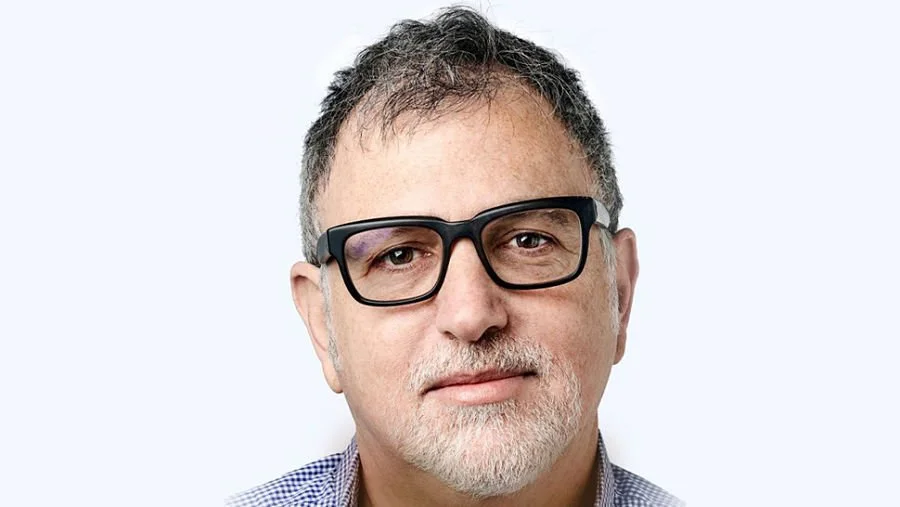Jesse Green’s Legacy & What Comes Next for Theatre Criticism at the New York Times
by Chris Peterson
When news broke that Jesse Green was being reassigned as chief theatre critic for The New York Times, social media lit up like a standing ovation, or a chorus of boos, depending on whom you ask.
For nearly a decade, Green held the most powerful pen in American theatre journalism. His reviews could elevate a production or all but close it. He brought a sharp intellect, a flair for language, and a fearlessness in staking out unpopular positions. He was an independent thinker in an increasingly polarized landscape. Whether you agreed with him or not, you had to engage with him. And that, in many ways, is the job.
I’ve had nothing but pleasant interactions with Jesse Green over the years. He’s thoughtful in person, curious about the work, and always seemed to care about theatre on a deep, intellectual level. But I also understand the criticisms of his writing. His reviews could feel lofty and insulated, more interested in structure than soul. His love of language, those dazzling turns of phrase and intricate metaphors, sometimes put distance between the reader and the work itself.
To some, that was part of the charm. To others, it came off as cold or condescending. And in an art form built on vulnerability and connection, that kind of detachment could be frustrating.
He also found himself at the center of more than one controversy. His review of KPOP sparked outrage and led the producers to accuse him of exercising “traditional white cultural supremacy.” His critiques of Lynn Nottage and Paula Vogel—two Pulitzer winners and among the most important playwrights of our time—prompted backlash from artists and audiences who saw bias in his approach. Green didn’t shy away from making bold calls, and sometimes those calls misfired.
Still, he brought a level of seriousness and scrutiny to theatre criticism that many respected. He could be tough, but he wasn’t careless. He could be scathing, but he wasn’t lazy. He approached theatre like literature, digging into its themes, structures, and contradictions.
But theatre in 2025 is not what it was in 2017. The art form has shifted. So has the audience. And so has the way we talk about it.
The Times’ memo announcing Green’s reassignment made it clear that the next era of theatre criticism will include not just reviews, but essays, conversations, video, and social media engagement. The new critic must be as comfortable on TikTok as they are at the Public. They must be a trusted voice in a fractured cultural landscape. Someone who can advocate, interrogate, and contextualize all at once.
And yes, there’s also the question of who gets to hold that pen next. Many are calling for a more diverse critic—someone who can speak to communities that have long felt unseen by the Times’ theatre desk. As a Korean American, I absolutely support that call. Our stories, our voices, and our perspectives matter. But representation shouldn’t be reduced to a checkbox. We need a critic who brings experience, vision, and insight, not someone chosen simply to check a demographic box. That’s not progress. That’s tokenism.
Diversity matters. So does excellence. And the future of theatre criticism at the Times should reflect both.
So what kind of critic do we need now?
We need someone who knows the canon but doesn’t worship it. Someone who understands structure and language, but also pays attention to how a show lands emotionally for different communities. We need a critic who can write for the die-hard subscriber and the 17-year-old seeing their first musical. Someone whose reviews don’t just rate shows, but spark conversations.
Jesse Green’s legacy is complex. He brought literary rigor and deep intellect to the job. He raised the bar for what theatre criticism could look like on the page. But the future might call for something different. Less conclusive, more curious. A critic who doesn’t just tell us what to think, but helps us figure out how we feel.
The curtain is down on Jesse Green’s time at the Times. What comes next might be less about the final word and more about the opening line.
